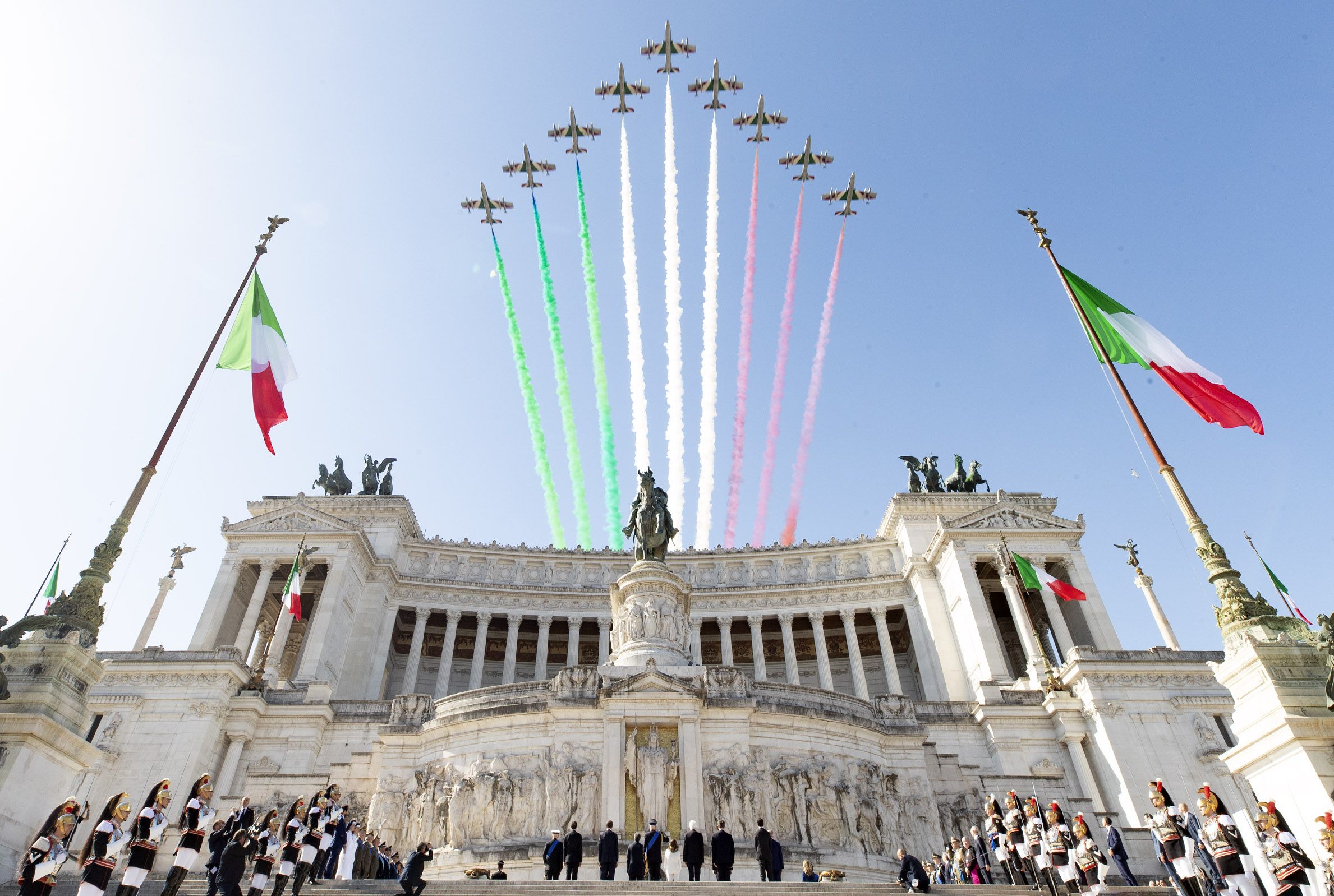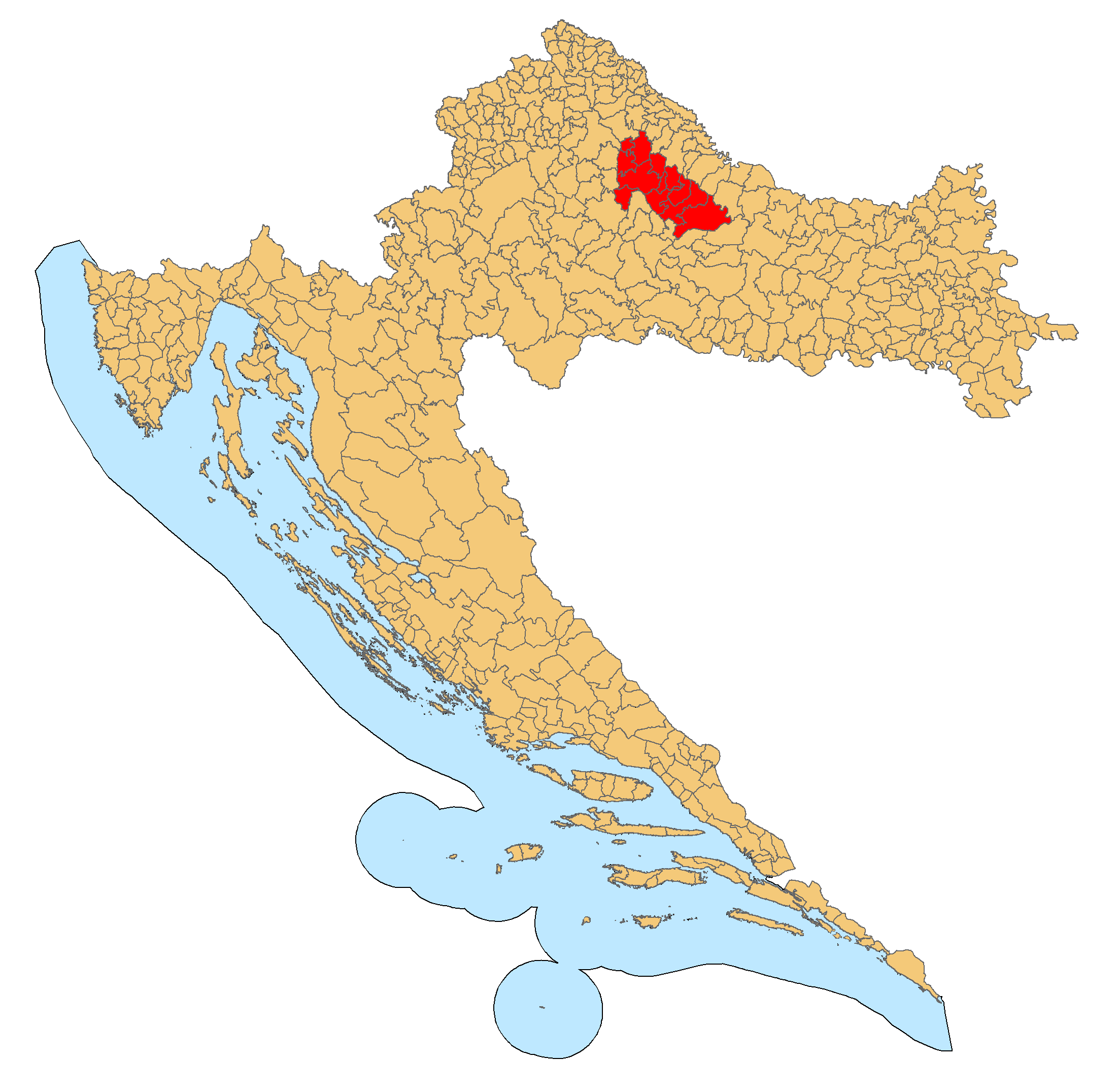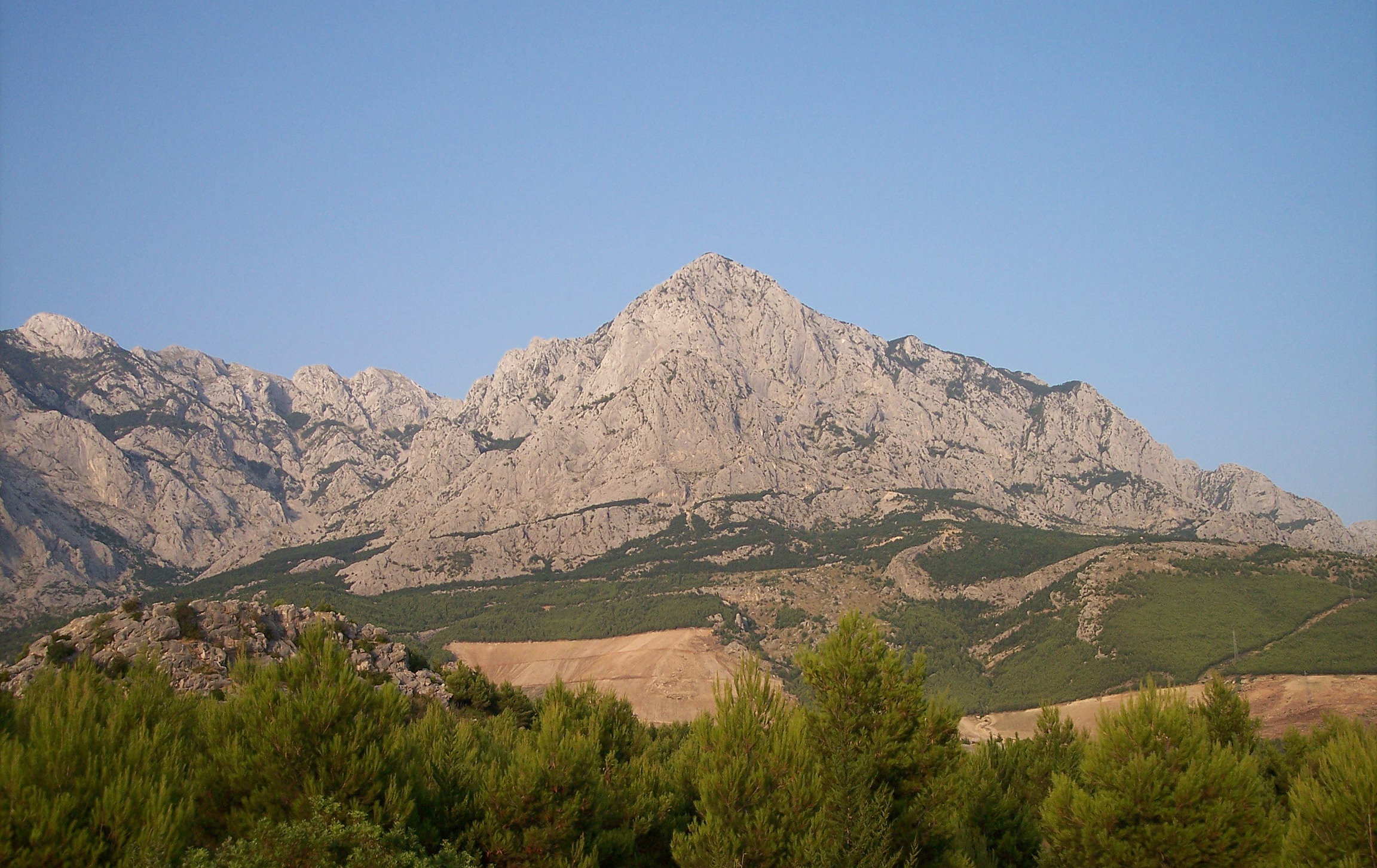|
Ivica Hiršl
Ivica "Ivina" Hiršl (1905 – 1941) was a Croatian communist and Mayor of Koprivnica who was killed during the Holocaust. Hiršl was born in Koprivnica to a Jewish family. His father was a merchant who owned an inn in Koprivnica. Hiršl completed high-school education in his native town in 1923. Hiršl attended and graduated from the University of Paris in 1929. Podravina: Mira Kolar: ''Grad Koprivnica i njegovi ljudi u vrijeme velike svjetske gospodarske krize'': stranica 155-156, broj 11, Volumen 6, 2007: Koprivnica. Fluent in French, Hiršl was a member of the Yugoslav Communist Party, and during his two-year stay in Paris, he was also a member of the French Communist Party. His communist activities were pursued in the framework of the Alliance française, where intellectuals gathered to learn French, so that they could develop political, cultural and artistic activities in Koprivnica. Returning to Koprivnica, he worked as a theatre actor at the Alliance française. In 19 ... [...More Info...] [...Related Items...] OR: [Wikipedia] [Google] [Baidu] |
Koprivnica
Koprivnica () is a city in Northern Croatia, located 70 kilometers northeast of Zagreb. It is the capital and the largest city of Koprivnica-Križevci County. In 2011, the city's administrative area of 90.94 km2 had a total population of 30,854, with 23,955 in the city proper. Population The list of settlements in the Koprivnica municipality is: * Bakovčica, population 321 * Draganovec, population 506 * Herešin, population 728 * Jagnjedovec, population 344 * Koprivnica, population 23,955 * Kunovec Breg, population 641 * Reka, Koprivnica, Reka, population 1,507 * Starigrad, Koprivnica-Križevci County, Starigrad, population 2,386 * Štaglinec, population 466 Geography Koprivnica (German language, German: ''Kopreinitz'', Hungarian language, Hungarian: ''Kapronca'') is situated at a strategic location – on the slopes of Bilogora and Kalnik (mountain), Kalnik to the south and river Drava to the north. Its position enabled it to develop numerous amenities for th ... [...More Info...] [...Related Items...] OR: [Wikipedia] [Google] [Baidu] |
Kajkavian Dialect
Kajkavian is a South Slavic supradialect or language spoken primarily by Croats in much of Central Croatia and Gorski Kotar. It is part of the South Slavic dialect continuum, being transitional to the supradialects of Čakavian, Štokavian and the Slovene language. There are differing opinions over whether Kajkavian is best considered a dialect of the Serbo-Croatian language or a fully-fledged language of its own, as it is only partially mutually intelligible with either Čakavian or Štokavian and bears more similarities to Slovene; it is transitional to and fully mutually intelligible with Prekmurje Slovene and the dialects in Slovenian Lower Styria's region of Prlekija in terms of phonology and vocabulary. Outside Croatia's northernmost regions, Kajkavian is also spoken in Austrian Burgenland and a number of enclaves in Hungary along the Austrian and Croatian border and in Romania. Name The term "Kajkavian" and the broader classification of what defines this dialect ... [...More Info...] [...Related Items...] OR: [Wikipedia] [Google] [Baidu] |
Croatian Jews Who Died In The Holocaust
Croatian may refer to: *Croatia *Croatian language *Croatian people *Croatians (demonym) See also * * * Croatan (other) * Croatia (other) * Croatoan (other) * Hrvatski (other) * Hrvatsko (other) * Serbo-Croatian (other) Serbo-Croatian, Croato-Serbian, Serbo-Croat or Croato-Serb, refers to a South Slavic language that is the primary language of Serbia, Croatia, Bosnia and Herzegovina, and Montenegro, as well as a minority language in Kosovo Kosovo, officiall ... {{disambiguation Language and nationality disambiguation pages ... [...More Info...] [...Related Items...] OR: [Wikipedia] [Google] [Baidu] |
People From The Kingdom Of Croatia-Slavonia
The term "the people" refers to the public or common mass of people of a polity. As such it is a concept of human rights law, international law as well as constitutional law, particularly used for claims of popular sovereignty. In contrast, a people is any plurality of persons considered as a whole. Used in politics and law, the term "a people" refers to the collective or community of an ethnic group or nation. Concepts Legal Chapter One, Article One of the Charter of the United Nations states that "peoples" have the right to self-determination. Though the mere status as peoples and the right to self-determination, as for example in the case of Indigenous peoples (''peoples'', as in all groups of indigenous people, not merely all indigenous persons as in ''indigenous people''), does not automatically provide for independent sovereignty and therefore secession. Indeed, judge Ivor Jennings identified the inherent problems in the right of "peoples" to self-determination, a ... [...More Info...] [...Related Items...] OR: [Wikipedia] [Google] [Baidu] |
1941 Deaths
The Correlates of War project estimates this to be the deadliest year in human history in terms of conflict deaths, placing the death toll at 3.49 million. However, the Uppsala Conflict Data Program estimates that the subsequent year, 1942, was the deadliest such year. Death toll estimates for both 1941 and 1942 range from 2.28 to 7.71 million each. Events Below, the events of World War II have the "WWII" prefix. January * January– August – 10,072 men, women and children with mental and physical disabilities are asphyxiated with carbon monoxide in a gas chamber, at Hadamar Euthanasia Centre in Germany, in the first phase of mass killings under the Aktion T4 program here. * January 1 – Thailand's Prime Minister Plaek Phibunsongkhram decrees January 1 as the official start of the Thai solar calendar new year (thus the previous year that began April 1 had only 9 months). * January 3 – A decree (''Normalschrifterlass'') promulgated in Germany by Martin ... [...More Info...] [...Related Items...] OR: [Wikipedia] [Google] [Baidu] |
1905 Births
As the second year of the massive Russo-Japanese War begins, more than 100,000 die in the largest world battles of that era, and the war chaos leads to the 1905 Russian Revolution against Nicholas II of Russia (Dmitri Shostakovich, Shostakovich's Symphony No. 11 (Shostakovich), 11th Symphony is subtitled ''The Year 1905'' to commemorate this) and the start of Revolution in the Kingdom of Poland (1905–07), Revolution in the Kingdom of Poland. Canada and the U.S. expand west, with the Alberta and Saskatchewan provinces and the founding of Las Vegas. 1905 is also the year in which Albert Einstein, at this time resident in Bern, publishes his four Annus Mirabilis papers, ''Annus Mirabilis'' papers in ''Annalen der Physik'' (Leipzig) (March 18, May 11, June 30 and September 27), laying the foundations for more than a century's study of theoretical physics. Events January * January 1 – In a major defeat in the Russo-Japanese War, Russian General Anatoly Stessel su ... [...More Info...] [...Related Items...] OR: [Wikipedia] [Google] [Baidu] |
Republic Day
Republic Day is the name of a holiday in several countries to commemorate the day when they became republics. List January 1 January in Slovak Republic The day of creation of Slovak republic. A national holiday since 1993. Officially called ''The day of establishment of Slovak republic''. 9 January in Republika Srpska (Bosnia and Herzegovina) After Yugoslavia fell apart, Serbs in Bosnia and Herzegovina wanted to stay with Serbia and Montenegro. Croats and Bosniaks, on the other hand, wanted to create an independent state of Bosnia and Herzegovina. On 9 January 1992, Bosnian Serb authorities declared the creation of the Serbian Republic of Bosnia and Herzegovina, now called Republika Srpska ("Serb Republic", not to be confused with the Republic of Serbia) as a state within the country of Bosnia of Herzegovina. Republika Srpska now celebrates Republic Day on the anniversary of the state's creation. 23 January in Philippines 26 January in India The Constitution of India ... [...More Info...] [...Related Items...] OR: [Wikipedia] [Google] [Baidu] |
Bilogora
Bilogora (English: ) is a low mountainous range and a microregion in Central Croatia. It consists of a series of hills and small plains some 80 kilometres in length stretching in the direction northwest–southeast, along the southwest part of the Podravina region. The highest peak is called Rajčevica (309 m), located in the north of the mountain. The area lends its name to the Bjelovar-Bilogora County, one of the 21 counties of Croatia with its seat in the nearby city of Bjelovar. The mountain is also shared with Koprivnica-Križevci County as well as Virovitica-Podravina County. Bilogora is geographically located between the rivers of Drava and Sava and is the source of the rivers Česma, Glogovnica and Ilova (Sava), Ilova. Bilogora is considered to be the lowest mountainous region in Croatia, but is also the largest in terms of area. It serves as a drainage divide separating the drainage basins of the Sava and Drava rivers. Name In Hungarian language, Hungarian the range is ... [...More Info...] [...Related Items...] OR: [Wikipedia] [Google] [Baidu] |
Croatian Mountaineering Association
The Croatian Mountaineering Association () covers both mountaineering and a broad range of related activities. Unlike the majority of the international mountaineering associations, the association's remit extends to speleology, climbing, orienteering and mountain rescue. The association is responsible for the maintenance of mountain huts and paths in Croatia, and is the publisher of the magazine '' Hrvatski planinar'' (The Croatian Mountaineer) and of other promotional materials. Through schools and courses it provides relevant professional education and training. It is a comprehensive source of information of all kinds relating to Croatian mountains and mountaineering. The operations of the Croatian Mountaineering Association are managed by its executive committee and its professional work is carried out through the commissions for: * Mountain Rescue; * Guiding; *Caving; * Alpinism; * Competition Climbing; *Orienteering; * Promotion & Publications; * Mountain Paths; * Environment ... [...More Info...] [...Related Items...] OR: [Wikipedia] [Google] [Baidu] |
Ustaše
The Ustaše (), also known by anglicised versions Ustasha or Ustashe, was a Croats, Croatian fascist and ultranationalist organization active, as one organization, between 1929 and 1945, formally known as the Ustaša – Croatian Revolutionary Movement (). From its inception and before the World War II, Second World War, the organization engaged in a series of terrorist activities against the Kingdom of Yugoslavia, including collaborating with Internal Macedonian Revolutionary Organization, IMRO to assassinate King Alexander I of Yugoslavia#Assassination of Alexander I, Alexander I of Yugoslavia in 1934.The Assassination of Europe, 1918-1942: A Political History, Howard M. Sachar, University of Toronto Press, 2014, , pp. 251–258. During World War II in Yugoslavia, the Ustaše went on to perpetrate The Holocaust in the Independent State of Croatia, the Holocaust and genocide against its Jews, Jewish, Genocide of Serbs in the Independent State of Croatia, Serb and Romani Holoca ... [...More Info...] [...Related Items...] OR: [Wikipedia] [Google] [Baidu] |
Vinkovci
Vinkovci () is a city in Slavonia, in the Vukovar-Syrmia County in eastern Croatia. The city settlement's population was 28,111 in the 2021 census, while the total population was 30,842, making it the largest town of the county. It is a local transport hub, particularly because of its railways. Name The name comes from the Croatian name, Croatian given name Vinko, cognate to the name Vincent. It has been in use following a dedication of the oldest town church of Saint Elijah () to Saint Vincent the Deacon () in the Middle Ages. The name of the city in Croatian language, Croatian is plural. It was called in antiquity. There is no known Latin or Greek etymology for , so it is assumed to be inherited from an earlier time. ''Cibale'' is a toponym derived from geomorphology, from Indo-European meaning "ascension" or "head". It is assumed that the root is in Proto-Indo-European (head), in the sense of a hill, meaning a place that was protected from the flooding of Bosut (river), B ... [...More Info...] [...Related Items...] OR: [Wikipedia] [Google] [Baidu] |







